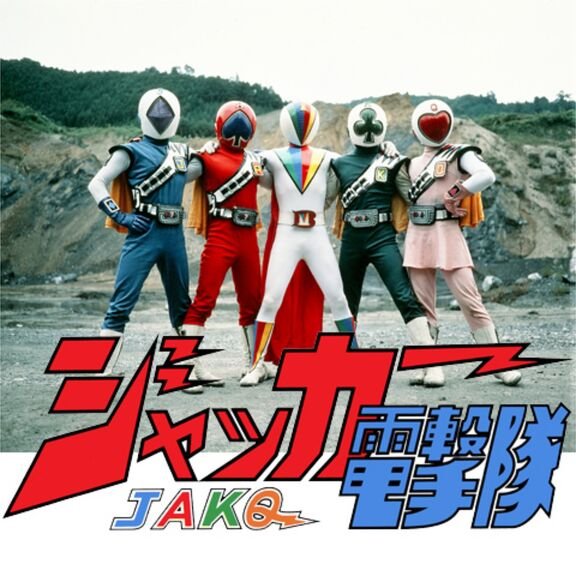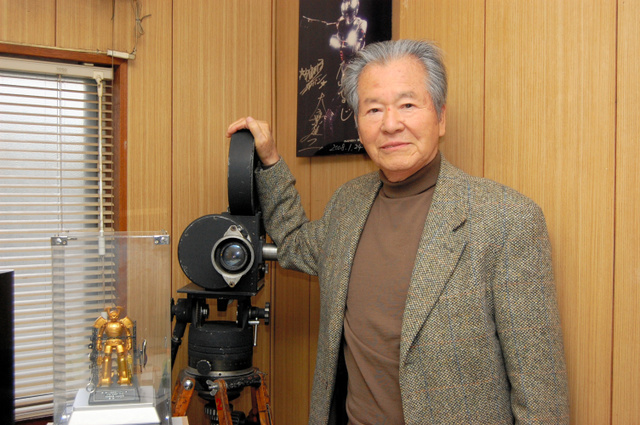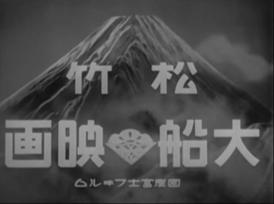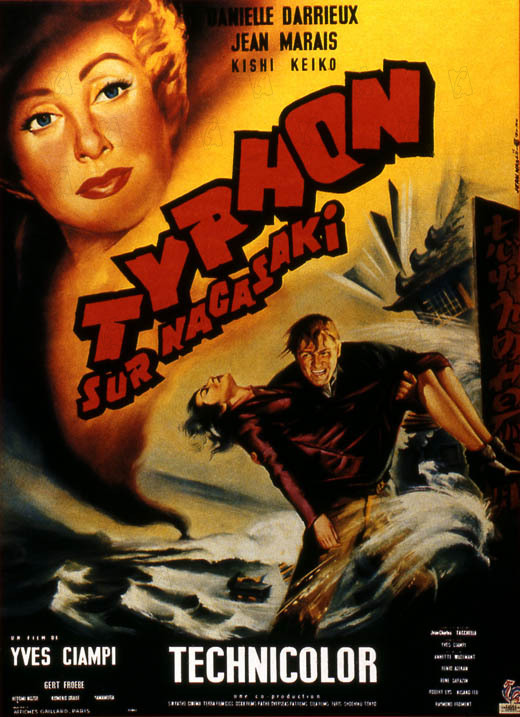
Let's dive into the many aspects of the #Sentai #supersentai aesthetics with a "four favorite" thread where each tweet focuses on a defining elements: suits, weapons, robots, monsters, etc. It will give a panorama to something you should look at when watching them.
Favorite 70s/80s #Sentai suits design:
- #JAKQ for their efficiency
- #Flashman for their visors
- #Maskman for their sleekiness (and female warrior earrings)
- #Liveman for their animal helmet design, only on par with Gaoranger's (and the female warrior earrings again)



- #JAKQ for their efficiency
- #Flashman for their visors
- #Maskman for their sleekiness (and female warrior earrings)
- #Liveman for their animal helmet design, only on par with Gaoranger's (and the female warrior earrings again)




Favorite 90s #Sentai suits design:
- #Jetman for the perfect use of accenting white/yellow (black for Yellow Owl)
- #Dairanger for the various and subtle Chinese elements
- #Ohranger for its straightforwardness
- #GogoV for its originality



- #Jetman for the perfect use of accenting white/yellow (black for Yellow Owl)
- #Dairanger for the various and subtle Chinese elements
- #Ohranger for its straightforwardness
- #GogoV for its originality




Favorite 2000s #Sentai suits:
- #Timeranger for its colored visors
- #Gaoranger for being the best animal design even today
- #Boukenger for blending the motifs into a "serious" design
- #Shinkenger because look at those helmets ! (but also the kimono motif on the upper body



- #Timeranger for its colored visors
- #Gaoranger for being the best animal design even today
- #Boukenger for blending the motifs into a "serious" design
- #Shinkenger because look at those helmets ! (but also the kimono motif on the upper body




Favorite 2010s #Sentai suits:
- #Goseiger for the work on the helmets, especially the sides
- #ToQger for the rail visor
- #Kyuranger for mixing consistency and cool tweaks
- #LupinrangerVSPatranger for the visors (they're actually caps. Top hats for Lupin, police cap for Pat)



- #Goseiger for the work on the helmets, especially the sides
- #ToQger for the rail visor
- #Kyuranger for mixing consistency and cool tweaks
- #LupinrangerVSPatranger for the visors (they're actually caps. Top hats for Lupin, police cap for Pat)




Favorite #Sentai robot (won't show toys, just suit design)
- #Maskman Great Five, my all time favorite. Nothing will surpass it
- #Zyuranger Daizyûjin
- #Megaranger Galaxy Mega
- #Dekaranger Dekaranger Robo



- #Maskman Great Five, my all time favorite. Nothing will surpass it
- #Zyuranger Daizyûjin
- #Megaranger Galaxy Mega
- #Dekaranger Dekaranger Robo




Favorite #Sentai common guns
- #Jetman Bird Blaster
- #Carranger Auto Blaster
- #GogoV Five Laser
- #Boukenger SurviSniper



- #Jetman Bird Blaster
- #Carranger Auto Blaster
- #GogoV Five Laser
- #Boukenger SurviSniper




• • •
Missing some Tweet in this thread? You can try to
force a refresh


















